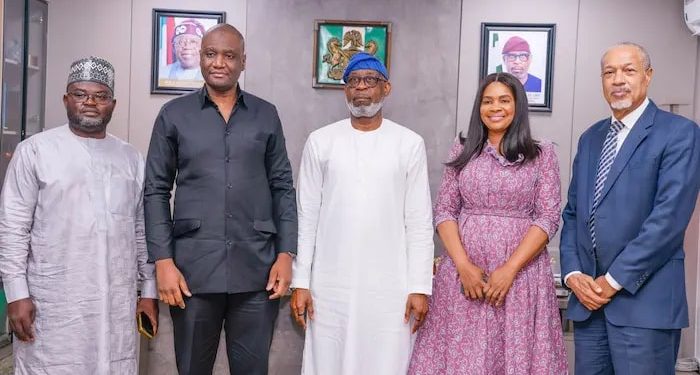Nigeria is positioning itself as a major player in the global critical minerals industry following a $400 million foreign direct investment (FDI) backed by the Federal Government. The investment, led by Hasetins Commodities Ltd, will establish Africa’s largest rare earth and critical minerals processing plant in Nasarawa State, with projections to create over 10,000 jobs across the country.
The Federal Ministry of Solid Minerals Development announced the landmark deal as a significant step toward value addition, economic diversification, and industrial growth. The Minister of Solid Minerals, Dr. Oladele Alake, praised the initiative as a direct alignment with President Bola Tinubu’s economic vision. He highlighted the plant’s potential to enhance local skills, increase the sector’s contribution to GDP, and strengthen investor confidence in Nigeria’s mineral-rich landscape.
The Minister noted that recent reforms, including the establishment of a special mining marshal unit and streamlined licensing processes, have improved the business environment for solid minerals investment. These changes, he said, are helping to shift Nigeria from a raw materials exporter to a nation focused on in-country processing and beneficiation.
Hasetins Commodities’ Managing Director and CEO, Prince Jidayi Ijudigal, credited the government’s policy reforms for the growing interest from foreign investors. He announced plans to triple the plant’s processing capacity from 6,000 to 18,000 metric tonnes and develop additional regional separation plants to support the country’s growing minerals ecosystem.
The new facility is expected to focus on rare earth elements and other critical minerals vital to emerging technologies, renewable energy, and advanced manufacturing. The move comes at a time when global demand for these minerals is surging, especially in the production of electric vehicles, batteries, and clean energy infrastructure.
This investment not only strengthens Nigeria’s position in the global critical minerals market but also signals a broader shift toward sustainable industrialization and value chain development. With job creation, skills transfer, and infrastructure development on the horizon, the project is set to become a cornerstone in Nigeria’s push for economic transformation.










